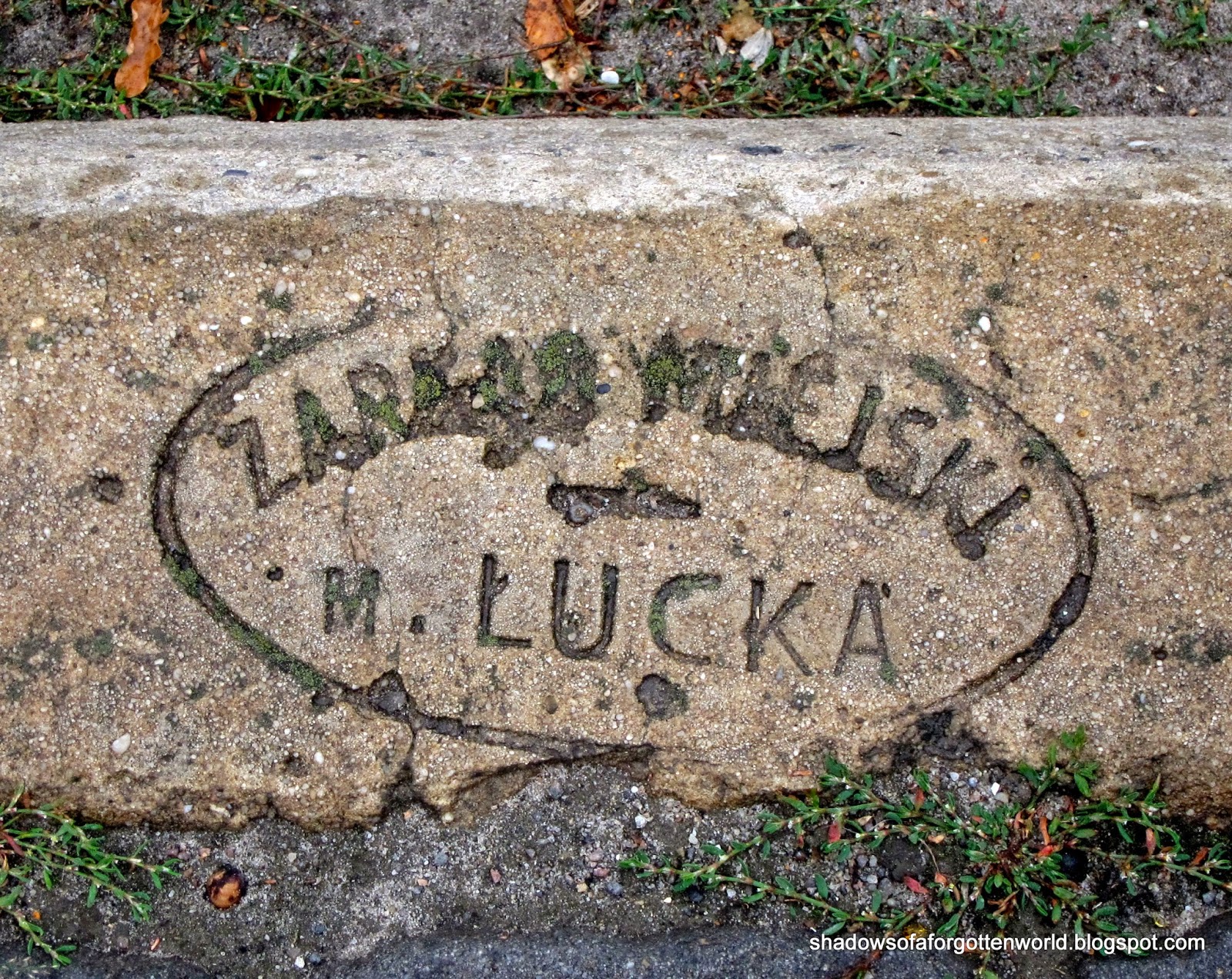The Archaic Language of the Ukrainian Diaspora, Part II

I've collected quite a few more old Galician/Ukrainian diasporan words since my first post on the subject, which can be found here (plus post about the word "rover" here .) When I talk in Ukrainian to my parents or other Ukrainians in the diaspora, I still hear words from them that I don't hear in Ukraine, i.e., archaic, often Polish, and sometimes anglicized Ukrainian words. Here are some new ones that I didn't post last time: Note: these are words that I've heard from my relatives in the States, and they might not be used by all the diaspora. *** Last time I was in Chicago I found this Ukrainian children's dictionary at home. It was published in Canada, but not sure what year. It includes a lot of our old words. One of the biggest linguistic challenges for me when I moved to Ukraine was to use the word "ovochi" for "vegetables" instead of for "fruit," because like in Polish, in the diaspora we use the ...

.JPG)

